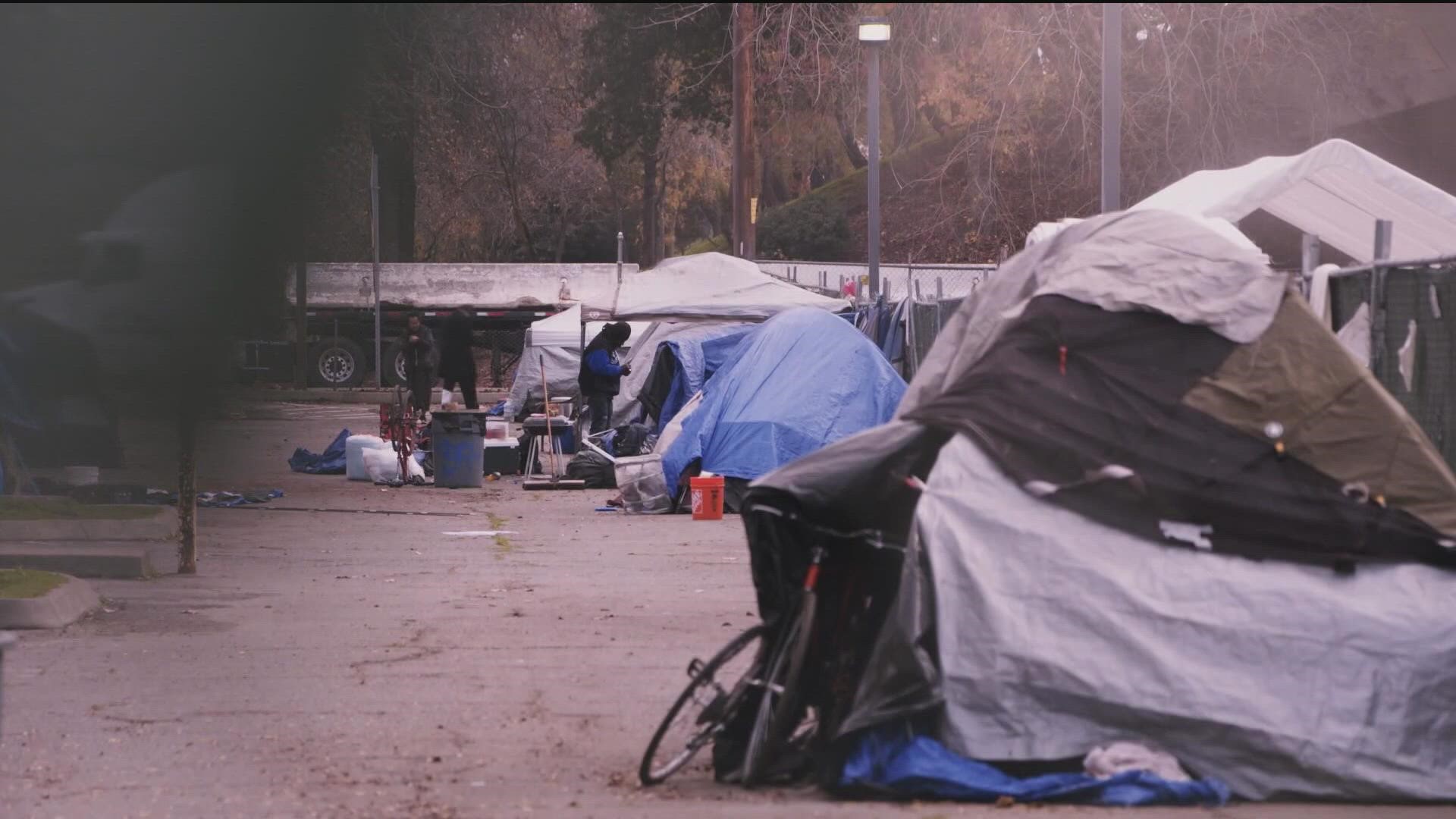SAN DIEGO — It has been a few weeks since California Governor Gavin Newsom signed a first-of-its-kind law that he says will expand the ways in which people with severe mental health disorders can tap into court-ordered treatment.
San Diego County will be one of seven counties in the state that will have “Care Court” in place by October 1, 2023.
Under the new law, family members, first responders and others can ask a judge to draw up a treatment plan for someone diagnosed with certain disorders, including schizophrenia. Those who refuse could be placed under a conservatorship and ordered to comply.
Right now, homeless people with severe mental health disorders bounce from the streets to jails and hospitals. They can be held against their will at a psychiatric hospital for up to three days. But they must be released if they promise to take medication and follow up with other services.
The new law would let a court order a treatment plan for up to one year, which could be extended for a second year. The plan could include medication, housing and therapy. While it shares some elements of programs in other states, the system would be the first of its kind in the country, according to the office of Democratic state Sen. Tom Umberg, a co-author of the law.
However, in the conversation CBS 8 had with County Director of Behavioral Health, Dr. Luke Bergmann, he stressed there is still a lot of unknown about the impact this new law will have. He talked about the uncertainty surrounding the effectiveness of any treatment for someone with a court mandate looming above. He added that the impact on the homeless crisis in California is also unknown.
Newsom signed the law over the strong objections of the American Civil Liberties Union of California, Human Rights Watch, Disability Rights California and numerous other organizations that work with homeless people, minority communities and people with disabilities who say the new program will violate civil rights.
They say that courts are a frightening place for many people with severe mental illness and coercion is antithetical to the peer-based model that is critical to recovery. In other words, critics say, a person needs to want to get help and that could take months or years.
WATCH RELATED: California governor OKs mental health courts for homeless

